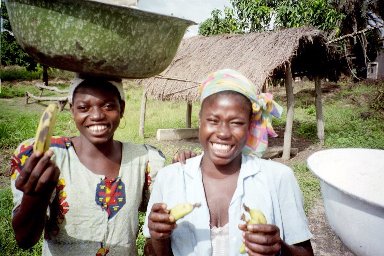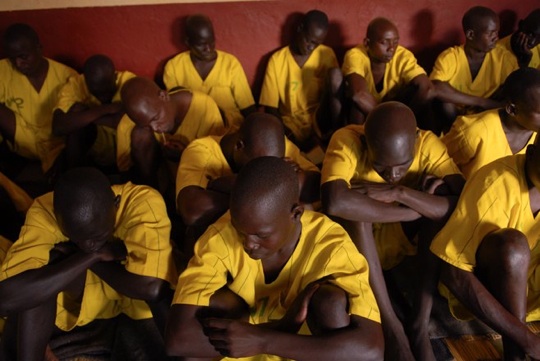You have all heard or read it somewhere. Perhaps you were lucky and saw it for yourself. Poor people happy. Then the sighs of exasperation.“ They had wide smiles despite their poverty,” he said. “ How can they be so generous when they hardly have anything” she wondered. I personally had not given much thought to it but the question of a “happiness index” popped up at the United Nations as a non-binding resolution. So it seems fair that I woke up this Saturday wondering about this. It appears to me that whatever direction happiness takes as a development indicator- it won’t be measured by the number of professional comedians in a country. Nor will it be anchored in the preponderance of open air concerts- the type that raises money for poor “ yet happy” people.
Happiness has always was a community affair. Probably to do with one’s roots in a particular place. One’s neighbors. One’s certainty. The embrace of the familiar. Most observers and students of development come from countries that have evolved from communalism to individualism over centuries. Now in cities – they are citizens protected by the law and not the tribe. That is not to say they are unhappy. If they are employed or live in a country with a functional welfare system- they can still get things to make them happy.
Things yes. Because modern happiness is about markets. Proximity to consumption. Not surprisingly it is measured elsewhere where markets and consumption are still poor as the ability to consume or “living under a dollar a day”.
This is basically the truth. For development to happen, communities need to break up, individuals move to cities and towns and become part of the industrial enterprise where we can judge their happiness by how much they are capable of consuming. Leaders of underdeveloped countries talk of this in such terms as bringing “prosperity” to all by turning the country into a middle-income place. I found such a narrative in William Easterly’s rejectedreview of Dambisa Moyo’s book ” Dead Aid”.
Transformation is a word commonly used. Rarely happiness. Bhutan gives pause. We may not be able to change the way development happens but it’s worth trying to think differently about it at every new occasion. Maybe we should leave the poor alone to be happy.
Now back to my cup of coffee, which is labeled “Good Africa coffee” and meant to make villagers happy somewhere in Western Uganda. It is a trade and not aid project as well but very good coffee to boot.










